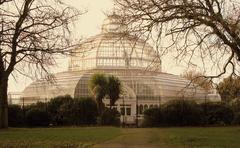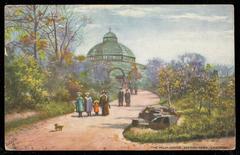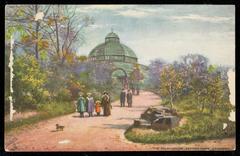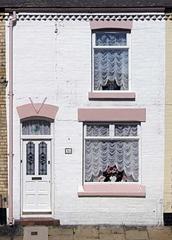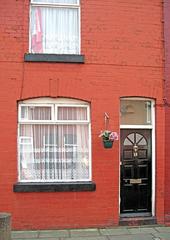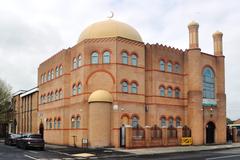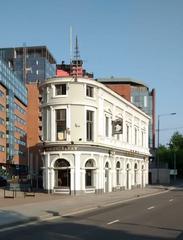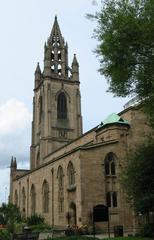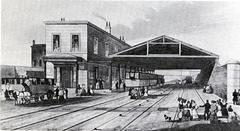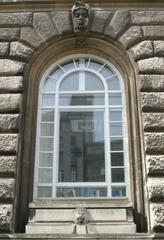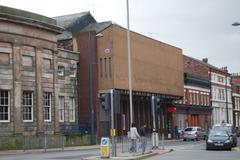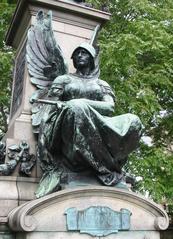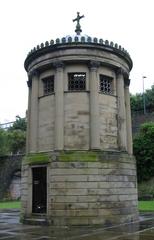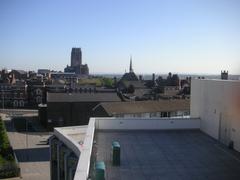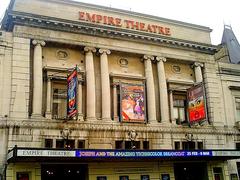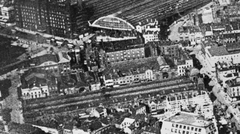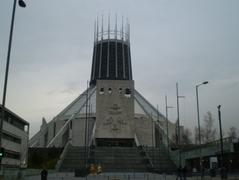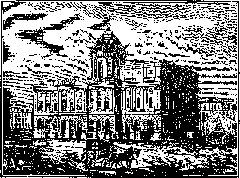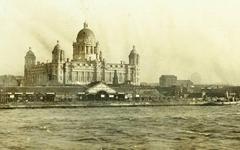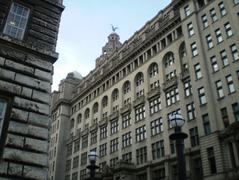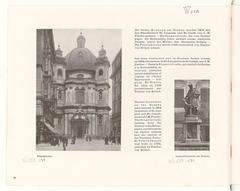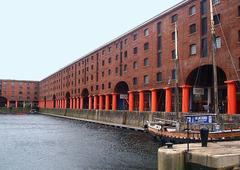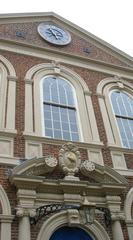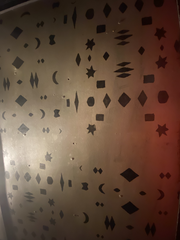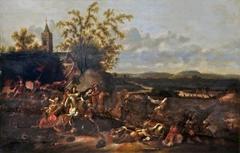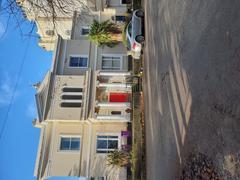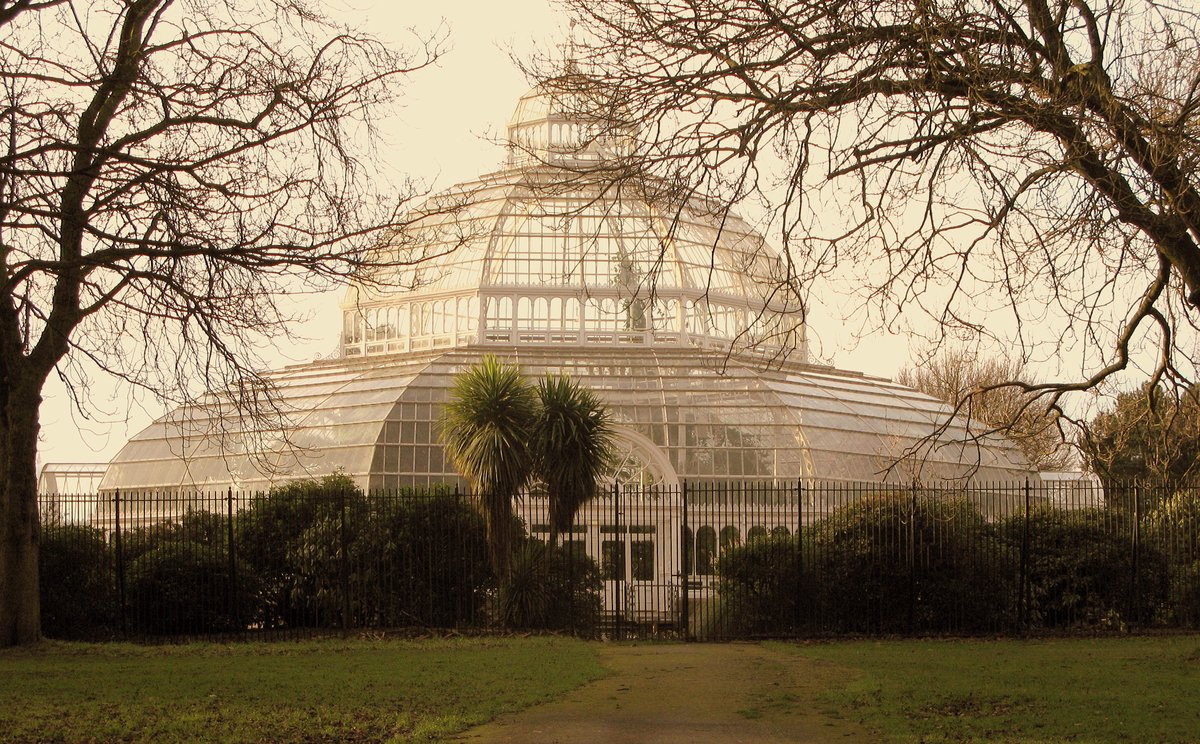
Sefton Park Palm House: Visiting Hours, Tickets, and In-Depth Guide to Liverpool’s Historic Glasshouse
Date: 14/06/2025
Introduction
Nestled in the heart of Liverpool’s Grade I listed Sefton Park, the Sefton Park Palm House is a magnificent example of Victorian glasshouse architecture and a vibrant centre for culture, horticulture, and community engagement. Completed in 1896 through the philanthropy of Henry Yates Thompson, this Grade II* listed octagonal glass dome shelters an extraordinary collection of exotic plants and serves as a testament to Liverpool’s rich heritage. Overcoming wartime damage and decades of neglect, the Palm House was triumphantly restored in 2001, thanks to local activism and public support. Today, it is not only a botanical treasure but also a lively venue for events, learning, and community gatherings. This guide offers everything you need to know about Sefton Park Palm House visiting hours, tickets, accessibility, history, and tips for making the most of your visit (Palm House Official Site; Liverpool Echo).
Table of Contents
- History and Architectural Highlights
- Botanical Collection and Educational Value
- Visiting Hours, Tickets, and Visitor Information
- Accessibility and Getting There
- Cultural and Community Role
- Events and Activities
- Frequently Asked Questions (FAQs)
- Plan Your Visit
- References and Further Reading
History and Architectural Highlights
Origins and Development
Sefton Park Palm House was envisioned as the centrepiece for Sefton Park—designed by Édouard André and Lewis Hornblower and opened in 1872. In 1896, Henry Yates Thompson donated £10,000 (over £1 million today) to construct a grand glass conservatory for public enjoyment, scientific research, and botanical display (Palm House History; Liverpool Echo).
Mackenzie & Moncur Ltd, a Scottish firm renowned for glasshouse construction, was commissioned for the project. The result was an octagonal, three-tiered domed structure, featuring 3,710 panes of glass set within elaborate cast-iron frames. With entrances on three sides, ornamental gates, and a granite base, the Palm House exemplifies the elegance and engineering prowess of the Victorian era (Historic England; Victorian Web).
Statues and Ornamentation
The Palm House is adorned with statues of pioneering explorers, botanists, and scientists—including Charles Darwin and Carl Linnaeus—sculpted by Léon-Joseph Chavalliaud, reinforcing its mission to celebrate global botanical exploration (Victorian Web).
Wartime and Restoration
The Palm House endured significant challenges. In 1913, it was the target of a suffragette bombing attempt. During World War II, much of the glass was shattered during the May Blitz, and the building was camouflaged to prevent further damage. Decades of neglect followed, but from the 1990s, a determined community campaign raised funds for its meticulous restoration, culminating in its reopening in 2001 (The Guide Liverpool).
Botanical Collection and Educational Value
Plant Diversity
The Palm House’s botanical collection features over 200 species of exotic plants, including rare and endangered specimens, palms, orchids, bromeliads, and food plants (palmhouse.org.uk). Some of the most notable include:
- Canary Island Date Palm (Phoenix canariensis): A survivor of over a century, including wartime damage.
- Cabbage Palm (Sabal palmetto): Prized for its edible bud and tough leaves.
- Chinese Windmill Palm (Trachycarpus fortunei): Noted for its hardiness and distinctive fan-like leaves.
- Cabbage Tree Palm (Livistona australis): Historically used for sun protection by Australian settlers.
The collection traces its roots to Liverpool’s historic botanical collections, founded by William Roscoe in 1802, and is curated for both beauty and practical value (palmhouse.org.uk).
Horticultural Practice
Original Victorian rainwater harvesting systems, climate control for tropical and subtropical zones, and the use of biological pest control exemplify sustainable, modern horticulture within a historic framework.
Educational Programming
Interpretive signage, guided tours, and hands-on workshops make the Palm House a centre for learning about botany, conservation, and the cultural uses of plants. Activities cater to visitors of all ages, including families and school groups (travelsetu.com).
Visiting Hours, Tickets, and Visitor Information
Standard Opening Hours
- Sunday to Wednesday: 10:00 am – 5:00 pm
- Thursday: 10:00 am – 3:00 pm
Hours may vary due to special events or seasonal changes. Always check the official website or social media before your visit.
Admission and Tickets
- General Admission: Free for all visitors.
- Special Events/Guided Tours: Tickets are required for specific events and guided tours; advance booking is recommended (The Live Well Directory).
Guided Tours
Accredited guides offer tours covering the Palm House’s history, architecture, and plant life. Some tours focus on unique aspects, such as suffragette history or wartime stories. See the events page for upcoming dates.
Accessibility and Getting There
Transport
- By Train: St Michaels station is about a 20-minute walk away.
- By Bus: Routes 80, 80A, and 176 from city centre stop at Ullet Road (15 minutes’ walk); bus 82 stops at Aigburth Road (walk down Lark Lane).
- By Car: Limited parking near the Palm House; blue badge spaces available. Lark Lane offers additional parking (Big Liverpool Guide).
Accessibility
- Step-free entrance, accessible toilets, and wide interior pathways.
- Assistance dogs welcome.
- Staff can assist with accessible taxis and visitor support.
Cultural and Community Role
Heritage and Community Stewardship
The Palm House is managed by the Sefton Park Palm House Preservation Trust, a registered charity, ensuring the venue remains a free, public asset (Palm House About). Volunteers support daily operations, events, and educational programming.
Venue for Events
The Palm House is a key site for Liverpool’s cultural calendar, hosting music, art, dance, and multicultural festivals. It is also a sought-after venue for weddings and private celebrations, with income supporting free community activities (Liverpool City Sights).
Social Inclusion
The Palm House is committed to accessibility and inclusivity, with programming for all ages and abilities, including family fun days, tea dances, and wellbeing sessions (Palm House Visiting Us).
Events and Activities
Regular events include:
- Jazz Afternoons: Tuesdays, 2:00–4:00 pm
- Sing-Alongs and Tea Dances: Monthly, see events schedule
- Workshops and Educational Tours: For all ages, often themed around plants, history, or art.
The Palm House also participates in citywide festivals and offers pop-up food and drink stalls during special events.
Frequently Asked Questions (FAQs)
Q: What are the opening hours?
A: Sunday to Wednesday 10:00 am–5:00 pm, Thursday 10:00 am–3:00 pm. Always check the official site for updates.
Q: Is there an admission fee?
A: General admission is free; some events and guided tours require tickets.
Q: Are guided tours available?
A: Yes, on select dates. Book in advance via the official website.
Q: Is the Palm House accessible?
A: Yes, with step-free access, accessible facilities, and support for visitors with disabilities.
Q: Can I book the venue for private events?
A: Yes, the Palm House is available for weddings, parties, and corporate functions.
Q: How do I get there by public transport?
A: Buses 80, 80A, 176, and 82 serve Sefton Park; St Michaels station is closest by train.
Q: Are there refreshments on site?
A: No permanent café, but pop-up stalls feature at events. Nearby Lark Lane offers many cafés and restaurants.
Plan Your Visit
- Check Hours: Confirm opening times and event schedules on the official website.
- Book Tickets: For guided tours or special events, book in advance.
- Arrive Early: Especially on event days for a relaxed experience.
- Dress Appropriately: The Palm House is warm and humid inside.
- Explore the Park: Combine your visit with a walk, picnic, or nearby attractions like Lark Lane or Liverpool Cathedral.
For real-time updates, follow the Palm House on social media and consider downloading the Audiala app for guided tours and interactive maps.
References and Further Reading
- Palm House Official Site
- Palm House History
- Palm House Visiting Us
- Historic England
- Liverpool Echo
- The Guide Liverpool
- Big Liverpool Guide
- The Live Well Directory
- Victorian Web
- travelsetu.com
- House of Spells
- Liverpool City Sights
- Liverpool Theatres
- Palm House What’s On
- Palm House About
- wheretogoinmerseyside.com
